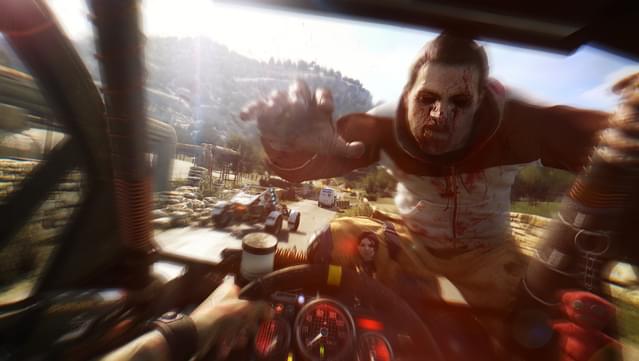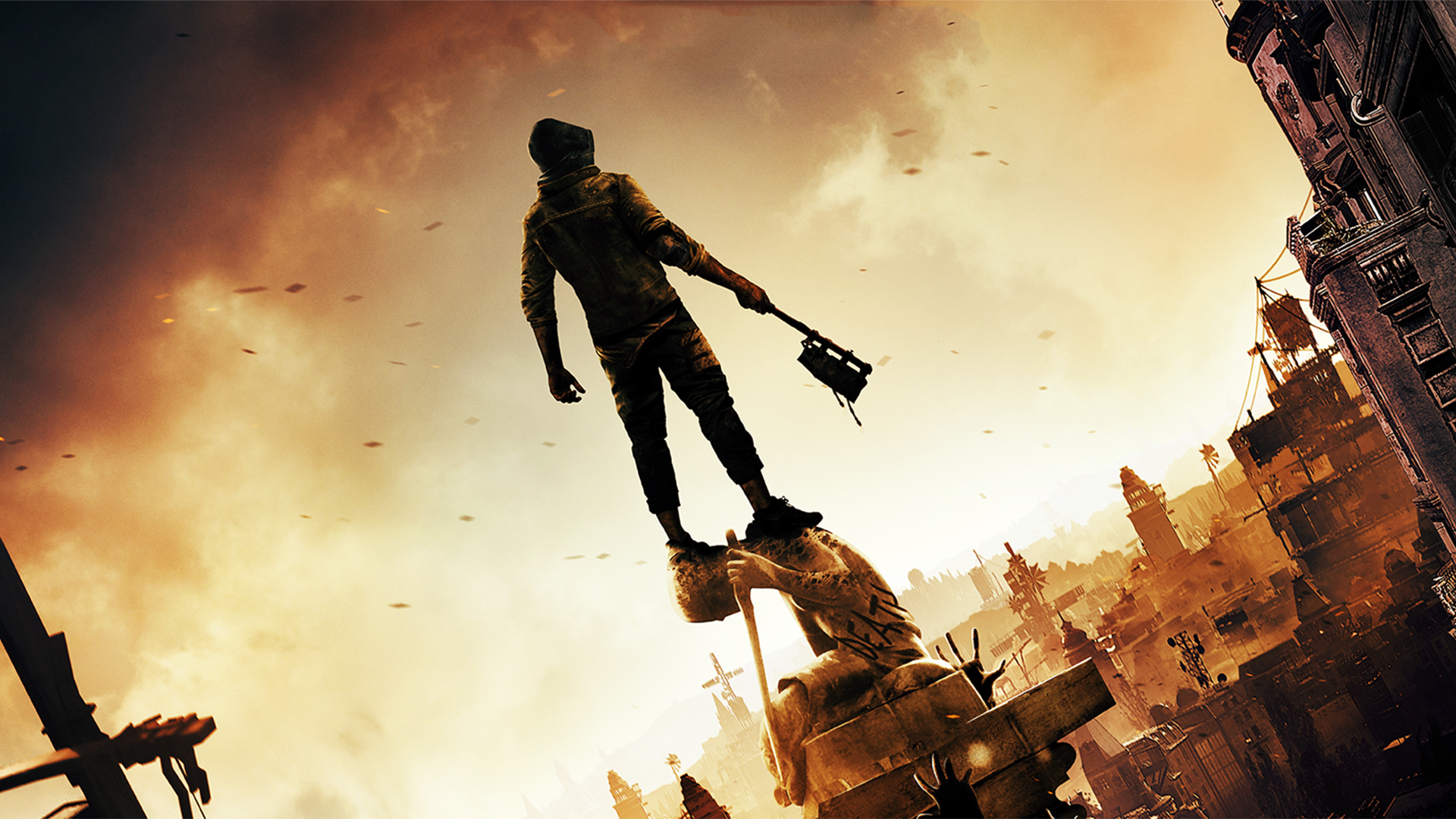
There are, of course, larger choices to be made at the end of those main and side quests. Just know the rules and trigger things in the world to make it look different, and that will trigger different activities, different rewards." In this way, it's player-driven choices that shape the world, not set moments laid out by Techland-developed quests, with Ciszewski adding: "Every time, every NPC will have a different impact and a different rule." Every group has its own goals, enemies and motivations, their own problems that can be sold, their own triggers that can be used to encourage action or relocation. Influence events to make them move closer to the bridge, and this too will be repaired, opening up other parts of the city for the various factions. It's much more like a gameplay systemic thing."Īnother example Ciszewski offers is the Scavengers faction, which sets about restoring and repairing buildings. If the Peacekeepers clear part of the dark zone, it will push the zombies to find another place to hide. "If you tell the Peacekeepers about a building, the zombies will move from that location into another one, but that will create other problems because there will be more zombies in that other part of the city. "For example, the Peacekeepers faction - they're clearing the streets of baddies, but they're also clearing the dark zones and the streets from infected. "We didn't count the number of choices we can do, because it's really systemic," he tells. "We're thinking about choices and consequences as a gameplay, as a narrative sandbox - not just picking a dialogue choice in a cutscene and branching the story" While Avellone promised "hundreds of choices", our conversation with Techland chief creative officer Adrian Ciszewski suggests this might be a marketing hook simplifying the game's overarching concept. Behind the scenes is a "huge matrix" for the game world and all its related systems, from the factions to the zombies and even resources like clean water. There's even a new engine under the hood, created from scratch to simulate the central city and power the 'choices and consequences' concept that will go hand-in-hand with any conversation about Dying Light 2. In the game's announcement video, Avellone described the hundreds of choices players will make throughout their zombie-slaying adventures and the visible impact these will have on Dying Light 2's open world city.

In addition to the original Dying Light team, the title is also the product of venerable RPG developer Chris Avellone, who has helped take the series is a fresh direction. But developer Techland has far greater ambitions for the upcoming sequel.

For anyone who hasn't played the first one, it would be easy to dismiss Dying Light 2 as yet another zombie game.


 0 kommentar(er)
0 kommentar(er)
